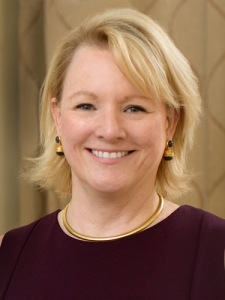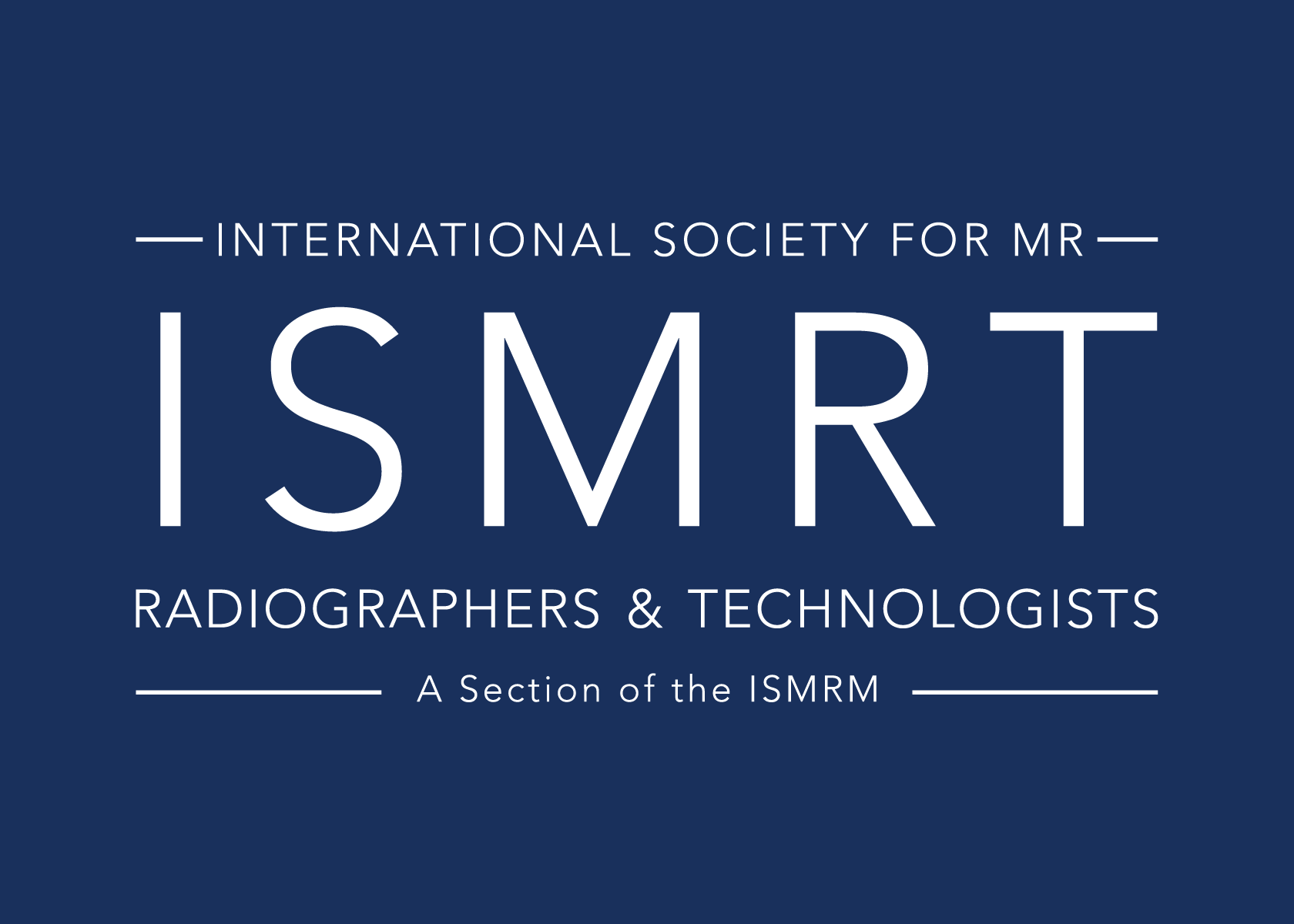Elizabeth Morris:
Passionate ISMRM Member, Culture Czar, Equity Officer
By Parshy Phillips
September 2018
The International Society for Magnetic Resonance in Medicine (ISMRM) has appointed Elizabeth Morris, M.D., F.A.C.R., to the newly created position of Equity Officer. This critical role will follow through with recent initiatives introduced at the Joint Annual Meeting ISMRM-ESMRMB to ensure the balance of gender bias and equality as it relates within ISMRM. I recently spoke with Dr. Morris regarding the position. She touched on what the position is, how she was appointed, and why it was needed.
Tell us how this all started, why where you appointed to this position?

“I am thrilled to be a part of this pioneering position for our society. I was in a committee meeting where one of the topics was the creation of an ad hoc group for women of ISMRM (WISMRM). It was wonderful to see the support for such an initiative by everyone in the room – it was all men except for me! As I was the only woman there, I became the co-chair of the committee and have been for the last two years. I realized that women are one of many unrepresented groups within the society – but we have many other groups that are currently not recognized officially. ISMRM is one of the most unique societies I have been involved with – energetic, visionary, brilliant people – with real regard for equality and giving people a voice. It is very unique and needs to be preserved. The establishment of an Equity Officer by the ISMRM Board of Trustees is recognition of this ethos that has to me always been there – and is now a platform to see that all people have a voice and a home.”
Why is this role so important to the culture of ISMRM and how will you get member “buy-in”?
“First of all this isn’t just about gender, it starts with being open to the idea that all of us regardless of culture, gender, age, race, color, religion, sexual orientation, physical abilities, political beliefs, are valued. We want to ensure everyone has equal opportunity and isn’t discriminated against or treated differently, taking into consideration differences between people and placing a positive value on the differences while also being inclusive by creating environments in which a person or group of persons can feel welcomed, respected, supported and valued to participate fully.”
It sounds like a big task, how will you get this started?
“I will develop an equity task force with representatives from various committees that are truly committed to the idea of creating equality, and these members will be the liaisons for individuals or groups of people. We need to recruit diversity deliberately – committee members, speakers, moderators etc. We will develop a Climate Survey that will ask questions to get a sense of what our membership feels about equity, diversity and inclusion. We want to know what kinds of services/education people need to feel included. We need to develop a mechanism for people to speak out if they feel not included. I hope to have the equity task force serve this purpose. In addition to the task force, I will be reaching out to industry professionals to help identify and use a web-based equity training program that can be used to help us with our efforts.”
You are a successful businesswomen, can you share any professional challenges you’ve had?
“I can recall some professional challenges when I started the breast MR program at MSK as a young attending. The male chair gave me exactly one MR slot per week on the scanner. Breast MR was a new application, and I was an untested junior attending so I am assuming he thought it might be a waste to give me more. When the new chair came – who happened to be a woman – she lifted that restriction and said I could have as many slots as I could fill. That’s when my research program started to take off, and we were able to establish a clinical and research service. Also, the head of MR at the time wanted me to read out the exams with him even though I knew more about breast disease. This went on for two years which was way too long. None of the other attendings before or after me had to do this, so I assume this had to do with the fact that I was a young female junior faculty. The challenge was that I was in for the long haul. I did the best with what I was given at the time fully realizing the inequity of the situation. At that time I bided my time patiently and tried to find ways to work around the situation. Looking back I didn’t directly confront anyone as I would today, however at that time I didn’t have the confidence to fight for what I perceived to be an inequity. I’m sure we all have our professional challenges that we have experienced, and this is why I am so passionate about the Equity Officer position.”
Will you be reaching out to other members or professionals for support?
“I’d like to put a call out to all members that want to get more involved to help create the best ISMRM equity culture we can have. Get connected with our ISMRM Facebook page, Twitter feed, MR Pulse blog or the Women of ISMRM blog as we will start introducing announcements in these locations. If interested, anyone can email me directly at equity@ismrm.org about specific areas of interest and ideas. I would love people who are enthusiastic with lots of energy to participate in this. There was much interest from the annual meeting, and we need to keep the momentum going.”
What are some of the checks and balances that any company could start implementing today?
“In any industry, leadership needs to set the tone. Training staff and leadership in diversity will be important. Equity begins with each of us. This will need to be an inside-out type of analysis – not outside-in – we don’t want anyone to feel that there will be imposed external “rules”. The Equity Officer position is not going to function as a policing force. However, unacceptable environments will be brought to the Executive Committee, and consequences will be determined.”
What shift would you like to see at ISMRM?
“I’d like for the society leadership to embrace this idea and be the ones actively promoting Equity Diversity and Inclusion. I want ISMRM to be an example of how a society can create environments for individuals or groups to feel respected, welcomed, supported and valued so that their voices can be heard and they can fully participate in the ISMRM. We will be stronger for it.”

